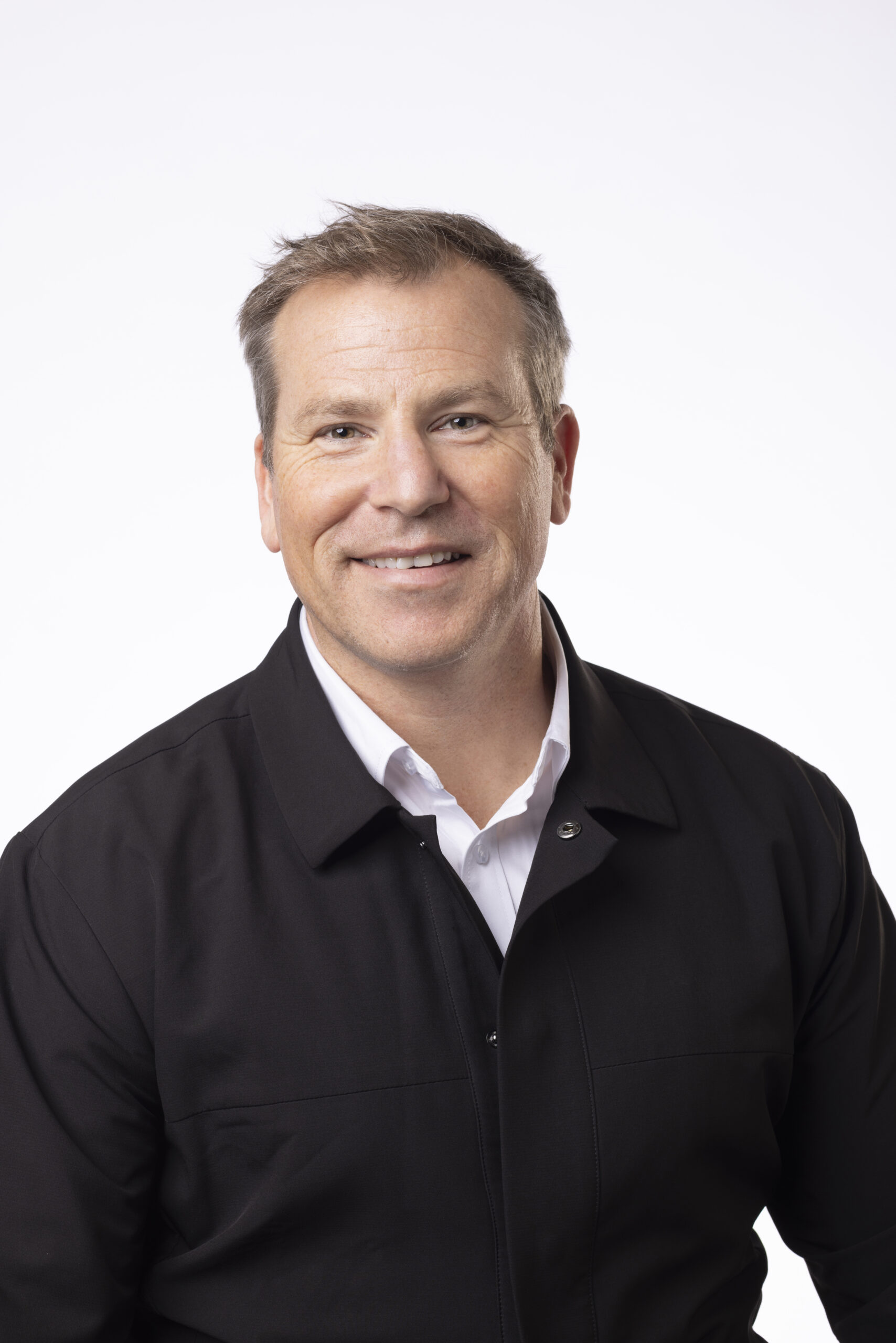 Ken Yocom, Ph.D.
Ken Yocom, Ph.D.
John and Rosalind Jacobi Family Endowed Dean
Landscape Architecture Professor
Ken Yocom is the John and Rosalind Jacobi Family Endowed Dean and a Landscape Architecture Professor. Trained as an ecologist and landscape architect with professional experience in the environmental consulting and construction industries, he is a graduate of our MLA program (2002). Ken also earned his PhD from the Program in the Built Environments (2007), where he researched nature and society relations through the contemporary context of urban ecological restoration practices. Ken’s current research, teaching, and practice explore the convergence of urban infrastructure and ecological systems through adaptive design approaches that serve to demystify emerging strategies and technologies for sustainable and resilient development. More specifically, he investigates how water –in all its forms- shapes the past to future functions and patterns of our built environments.
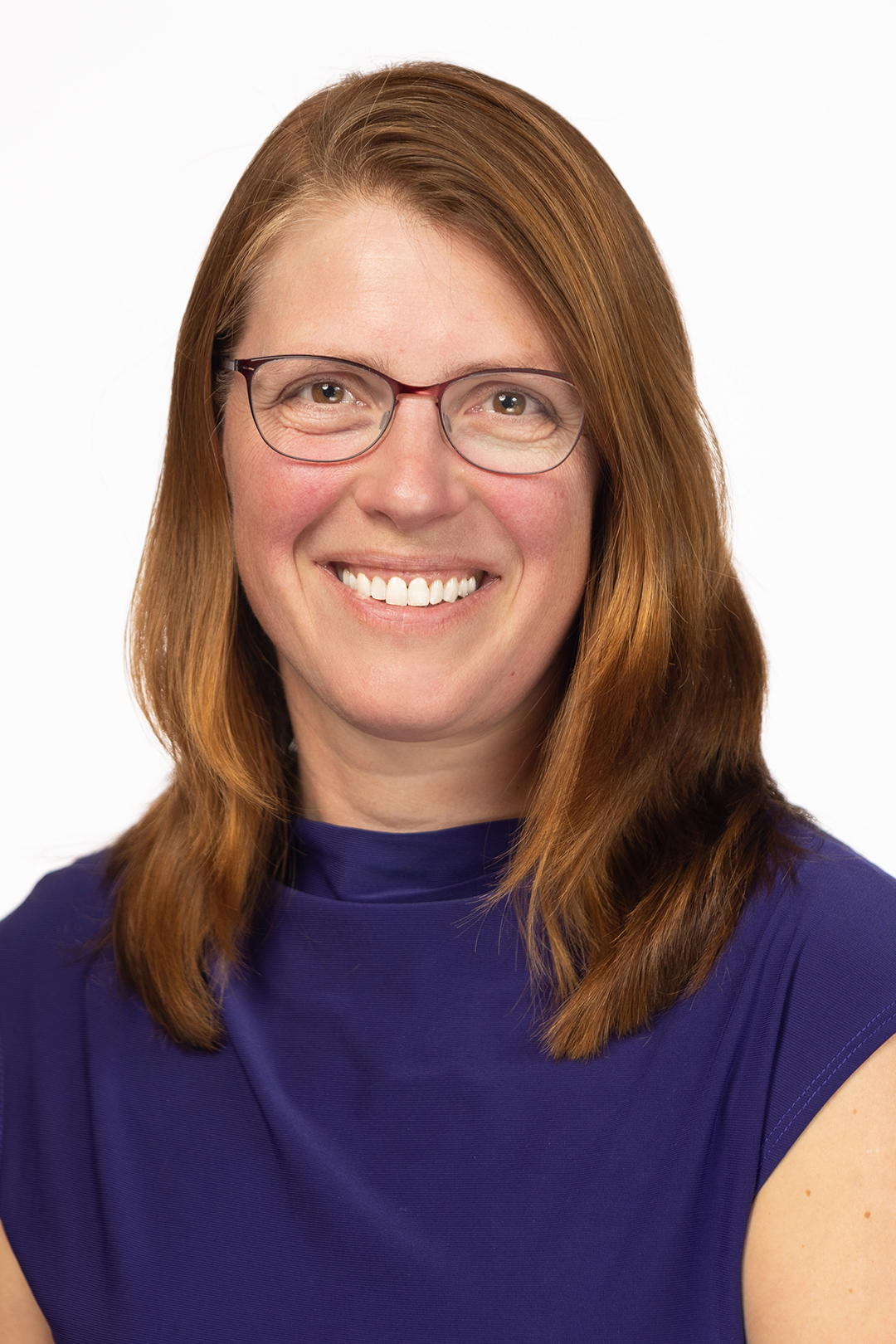 Professor Carrie Sturts Dossick, Ph.D., P.E.
Professor Carrie Sturts Dossick, Ph.D., P.E.
Associate Dean for Research
Dr. Carrie Sturts Dossick started as Associate Dean for Research in June 2019 and has taught Construction Management at the UW’s College of Built Environments since 2010. She is also the former Executive Director of the Center for Education and Research in Construction (CERC). Dr. Dossick has over a decade of research and teaching experience primarily focused on emerging collaboration methods and technologies such as Integrated Project Delivery (IPD) and Building Information Modeling (BIM). Her experience conducting interdisciplinary research complements her academic study of effective collaboration. Together, they position her well for promoting the diverse range of research in the college and seeing connections between those research streams.
Her research projects include technology and collaboration strategies for green building design and construction; global team collaboration with Virtual Reality; operations applications of BIM and facilities data in maintenance management and life cycle planning; and rebaselining BIM and asset data for existing buildings.

Professor Ann Marie Borys, Ph.D., FAIA
Associate Dean for Academic Affairs
Ann Marie Borys is a licensed architect and professor in the Department of Architecture. She also serves as undergraduate coordinator for the BA in Architectural Studies and BA in Architectural Design programs. Before joining the faculty of the University of Washington, Ann Marie taught in architecture programs at the University of Illinois Chicago and the University of Cincinnati. She has served in a variety of administrative positions at each of these institutions that have provided valuable insights into the various perspectives and cultures of CBE’s array of disciplines, and experience in navigating the complexities of the wider university setting.
In teaching and research, she has advanced themes of interdisciplinarity and professional practice. Most recently, she has been teaching an undergraduate integrated design studio, and graduate courses in history/theory and professional practice. her two books best demonstrate how she delves into questions of practice and the profession in different contexts. Vincenzo Scamozzi and the Chorography of Early Modern Architecture (2014), the first English-language book on this 16th century northern Italian architect, highlights Scamozzi’s interest in geography as expressed his treatise and how his major built works demonstrated a new sensitivity to place. More recently, American Unitarian Churches: Architecture of a Democratic Religion (2021) explores the collaboration between congregations and architects in the production of significant designs that contributed to the development of major ideas in American architecture. Through teaching, scholarship, and academic administration, Ann Marie helps students integrate professional values in their education, championing an ethos of practice enriched by deeply informed critical inquiry.
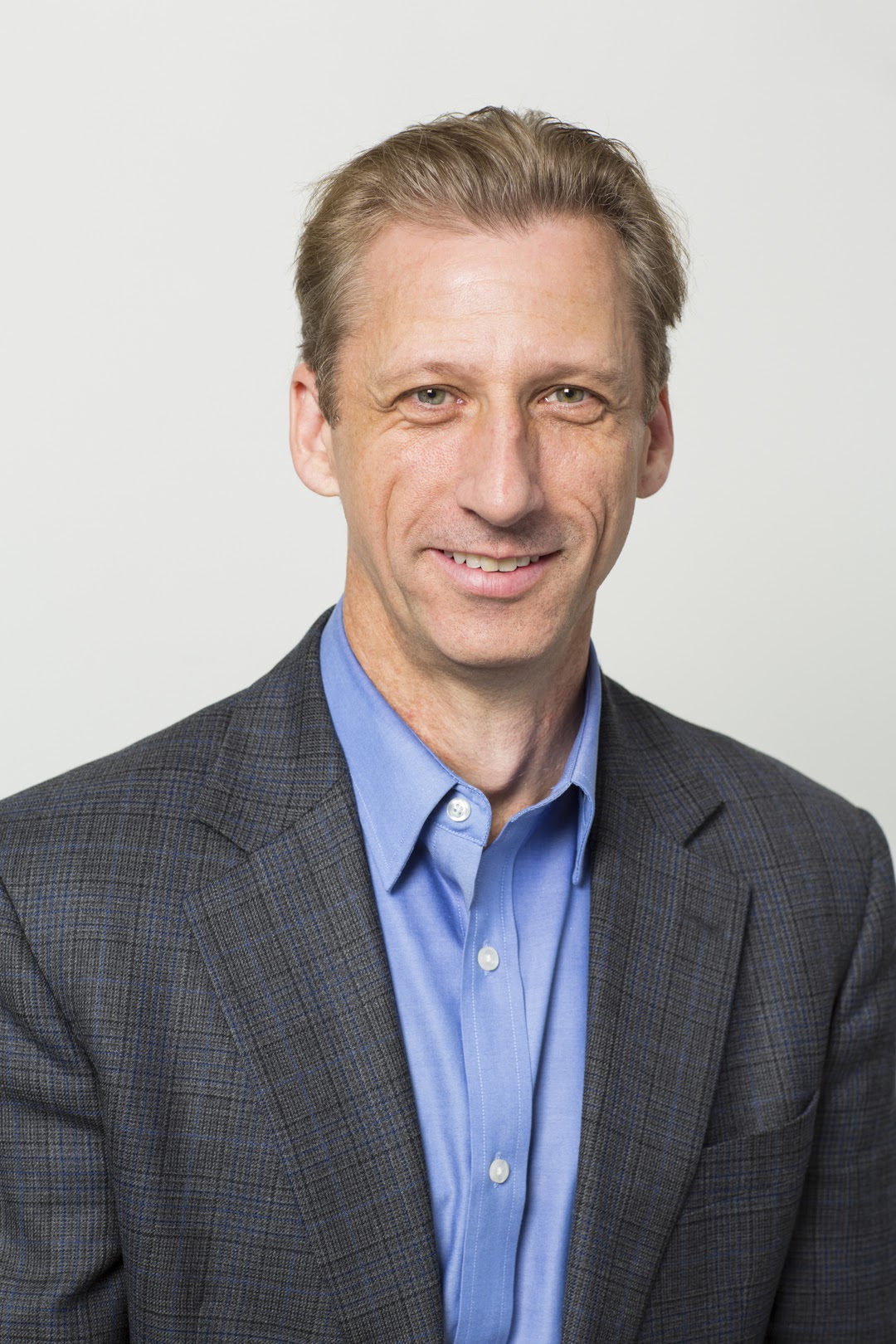 Professor Christopher Campbell, Ph.D.
Professor Christopher Campbell, Ph.D.
Associate Dean for Students
Christopher Campbell brings a breadth of experience to his role as Associate Dean for Students and a passion for working with students, student affairs, and policies. He has been with the Department of Urban Design and Planning since 2000, the Director of the innovative UDP undergraduate program, CEP, since 2010, and was appointed Chair of the Department in 2015. Christopher most recently served as the interim Chair for the Runstad Department of Real Estate during the 2019-2020 academic year and guided the department through the pandemic.
Beyond his extensive leadership in the College, Christopher’s own research and work focus on innovative student programs that combine academic rigor with professional and community practice. From 2008-2013 Christopher served as the Special Assistant to the Dean and Vice Provost of Undergraduate Academic Affairs. He has served on numerous university-level committees focused on curricular, programmatic, and policy issues, and has been a member of the Faculty Council for Student Affairs since 2015 where he contributed to Title IX, student health and wellness, and academic policy and procedures. He has been a three-time nominee of the University of Washington Teaching Award, a recipient of the Panhellenic Association’s Interfraternal Faculty Award (2012), and the University of Washington Undergraduate Research Mentorship Award in (2015).
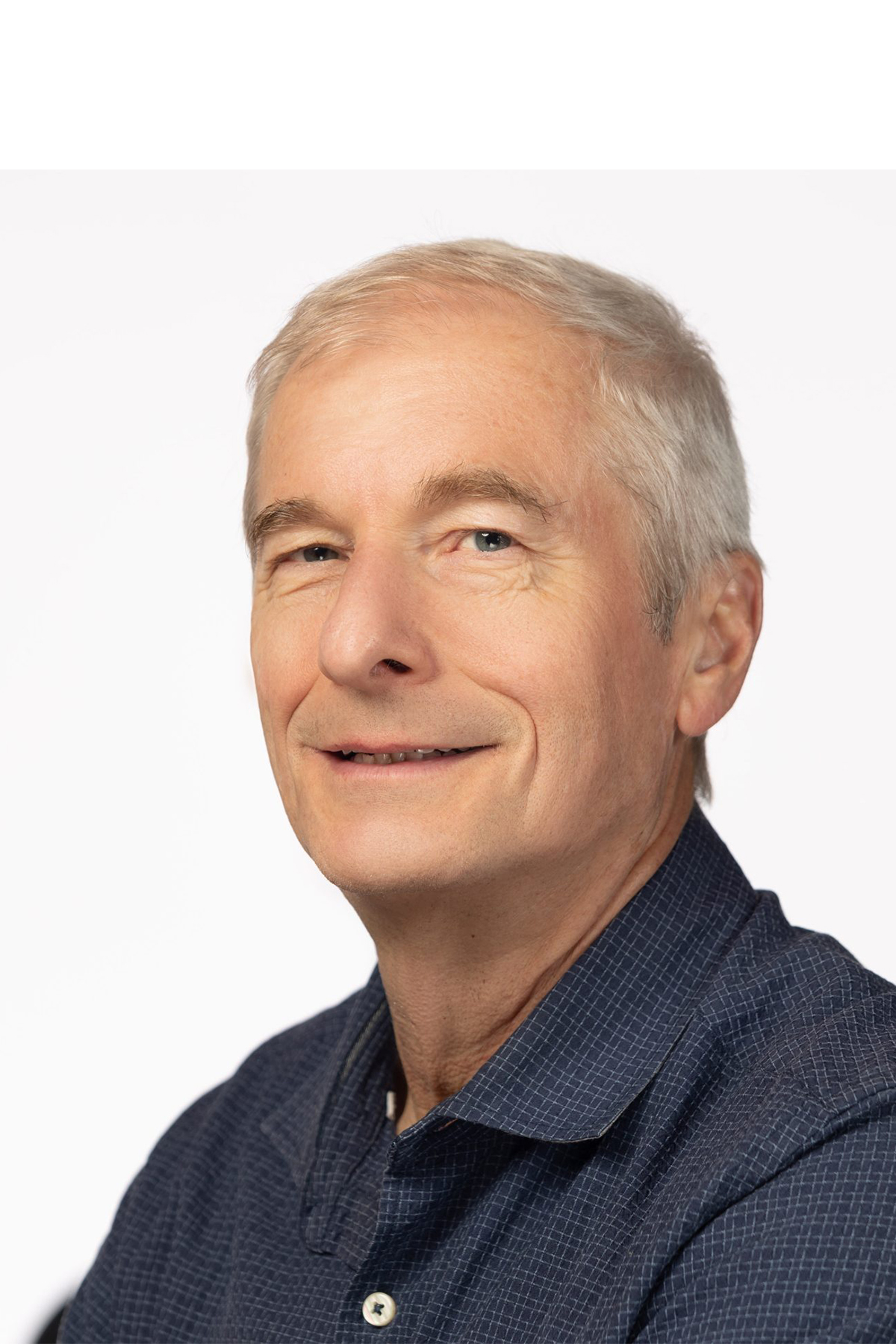 Professor Rick Mohler, FAIA, NCARB
Professor Rick Mohler, FAIA, NCARB
Chair, Architecture
Richard (Rick) Mohler, FAIA, NCARB is a licensed architect and Associate Professor of Architecture. He leverages synergies between his teaching, research, practice, and advocacy to promote just, policy-driven cities, shaped by principled design, addressing all scales of urban experience while building connections between the academy, profession, government, and community.
He has over twenty-five years of experience as a principal of his own firm, which has been recognized with over a dozen local and regional AIA design awards, in national and international urban design and housing competitions and extensive publications. Rick leverages his design studio teaching by collaborating with community partners to address challenges facing the Seattle region and beyond. The nexus of design, policy and social change is the focus of Rick’s research interests. Rick is an effective advocate for housing affordability who writes and speaks frequently at AIA and ACSA national conferences and symposia and other venues.
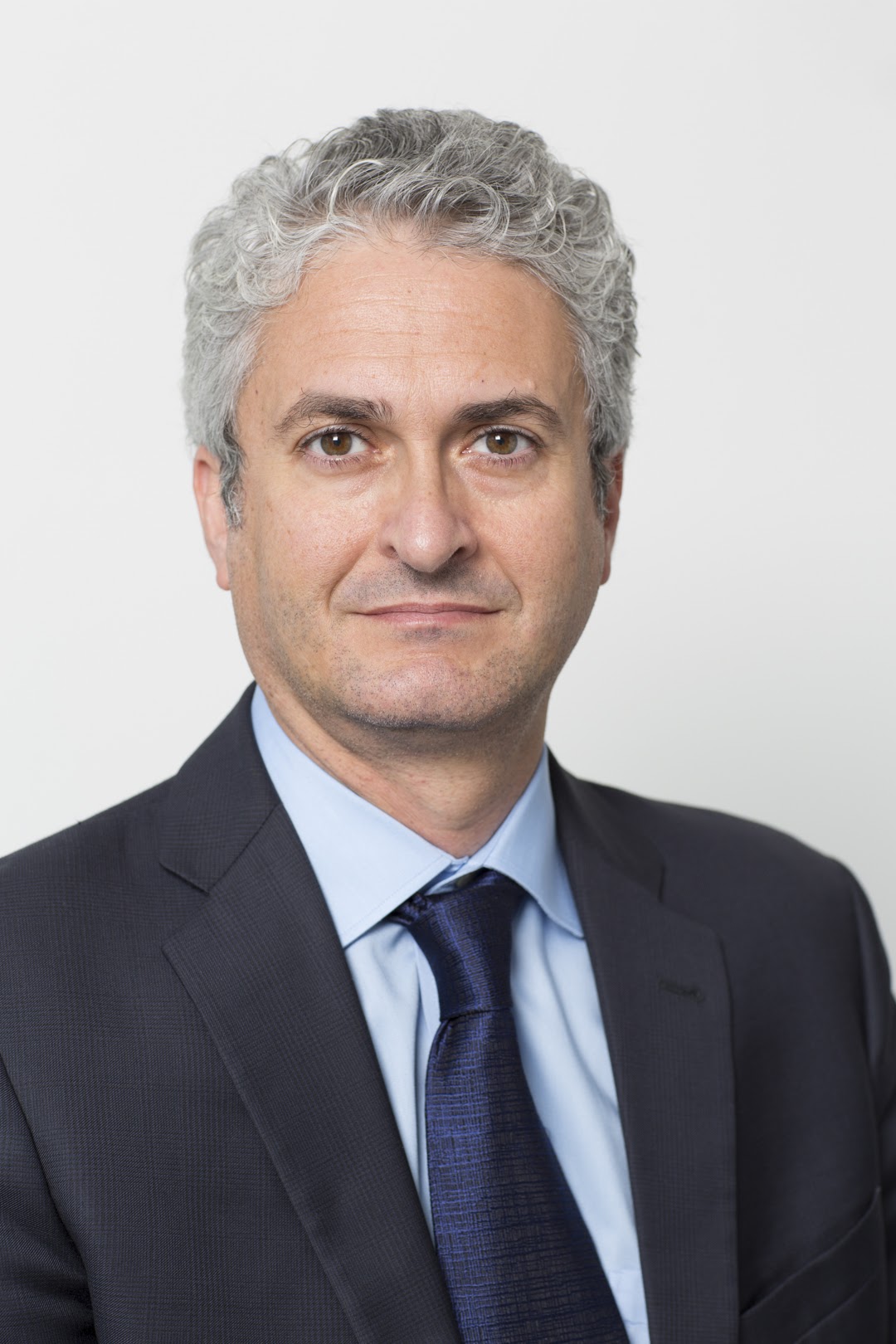 Professor, Giovanni Migliaccio, Ph.D., Chair, Construction Management
Professor, Giovanni Migliaccio, Ph.D., Chair, Construction Management
Giovanni C. Migliaccio holds a Howard S. Wright Endowed Professorship, he is the current Chair of the Department of Construction Management, and he has served as the Executive Director of the Center for Education and Research in Construction (CERC) for the past 3 years. He joined the CM department in August 2010. Previously, he was a faculty member with the Department of Civil Engineering at the University of New Mexico at Albuquerque. He holds an M.S. and a Ph.D. in Civil Engineering from the University of Texas at Austin and a master-level degree from Politecnico di Bari in Italy. Prior to moving to the U.S., he worked in Italy in the construction management of telecommunication projects under Nortel Networks, Nokia Networks, and IPSE 2000. At UW, Giovanni is active in all three pillars of academic life, including service to the university and the industry, teaching, and research.
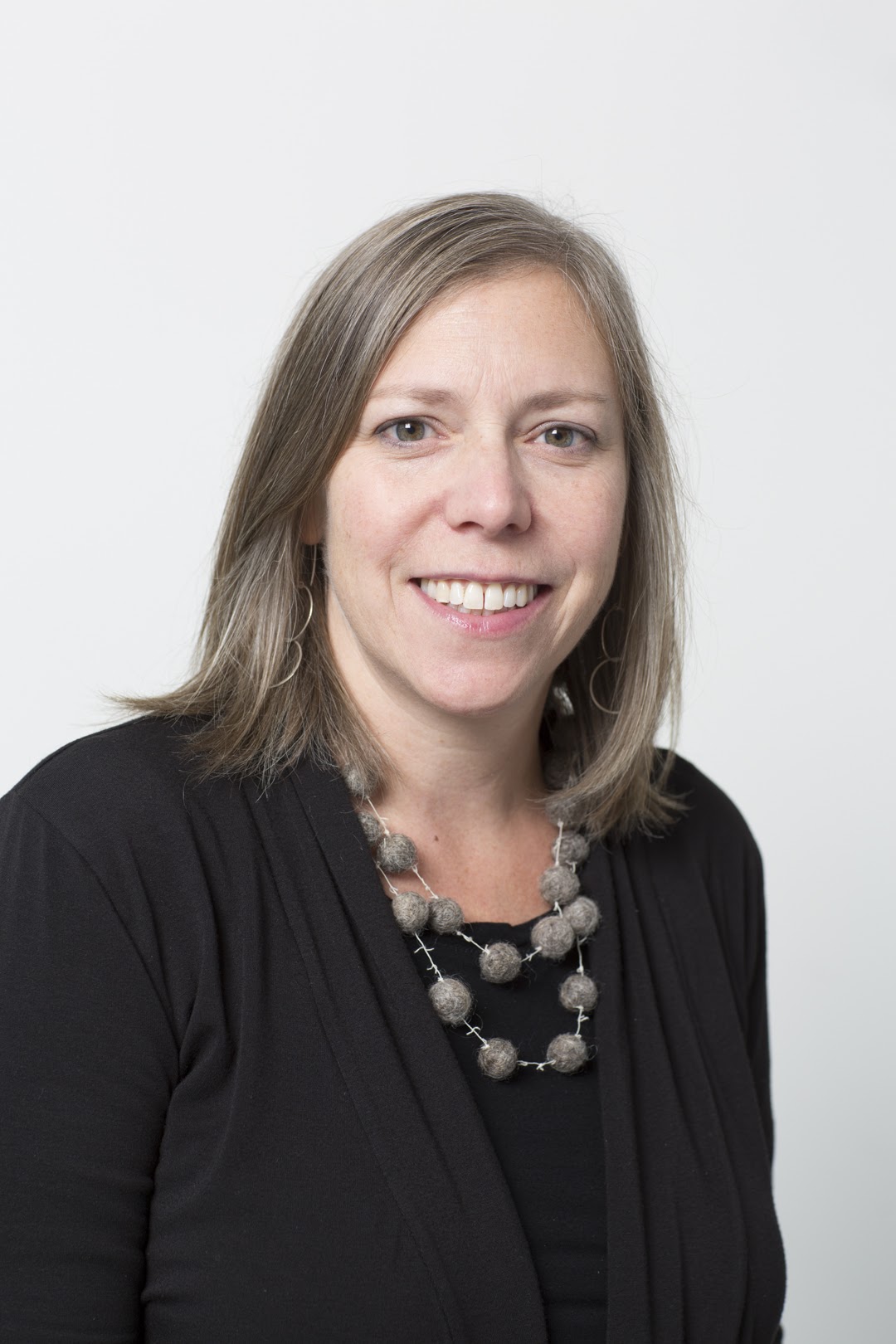 Julie Parrett,
Julie Parrett,
Interim Chair, Landscape Architecture
Julie Parrett is an Associate Teaching Professor and the Graduate Program Coordinator of the Department of Landscape Architecture. Julie primarily teaches seminar and studio courses on design, representation,
speculative futures, and a thick reading of urban landscapes as well as teaching in the professional practice sequence.
Julie’s academic and professional work concentrates on speculative thinking and design research of urban landscapes as embedded and dynamic amalgamations of social, cultural, political, and ecological systems, actions, and reactions. Her work explores using design and representation as operational and generative tools for exploring how stories embedded in sites can inform potential futures that facilitate multiple uses and act as catalysts for a dynamic and engaged public realm. At the base of this approach are the fundamentals of design – the physical, material, and spatial qualities created – in the creation of places that are articulate, site specific and well-crafted while remaining adaptive and open.
 Branden Born
Branden Born
Chair, Department of Urban Design & Planning
Let’s assume that planning can be roughly divided into two general lines of thought: consideration of the physical and built environment, and the societal aspects of the processes of human development. Within that artificial binary, Branden’s interests lie in the societal more than the physical.
While he considers himself a bit of a land use planner, he is really focused on how we make decisions as a collective society. Thus, he is interested in the planning process: who is at the table, who is not, and why; as well as who benefits and who suffers from decisions that planners make.
With interests that span theory and practice, he tries to develop or participate in opportunities for creative governance. He sits on the Puget Sound Regional Council’s Regional Food Policy Council, an organization he helped found. He is also a founding member of the Washington State Food System Roundtable. He has collaborated with researchers, community members, and local governments on several healthy community initiatives in King County, Washington.
Most recently, he helped start and currently co-directs the University of Washington’s Livable City Year program, a community engagement project that pairs the university and a community for an academic year.